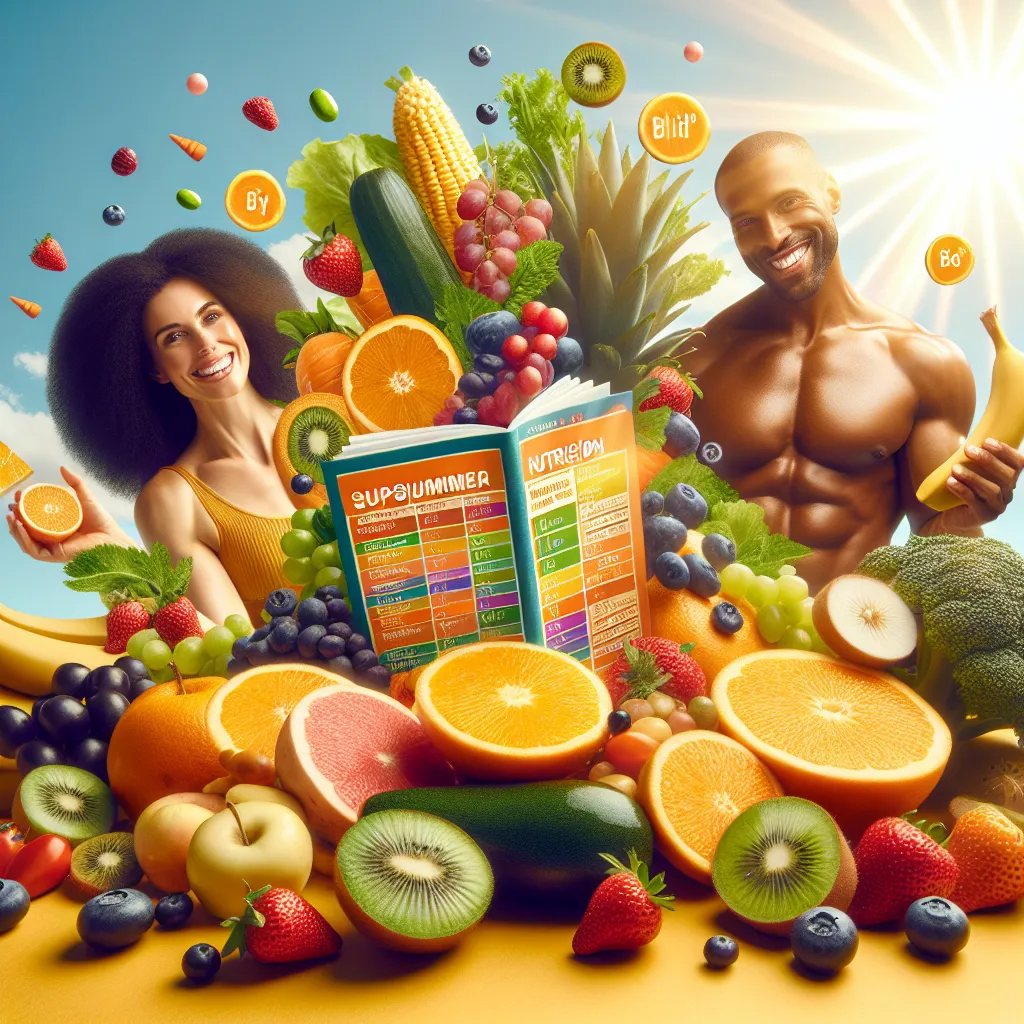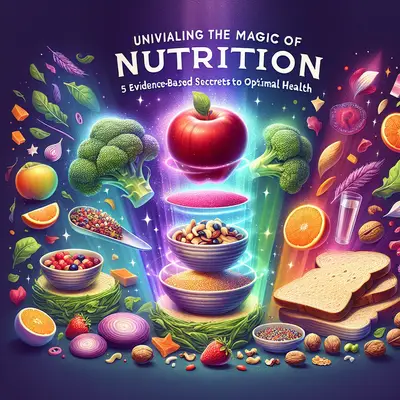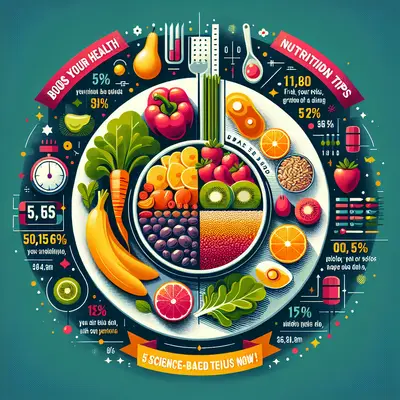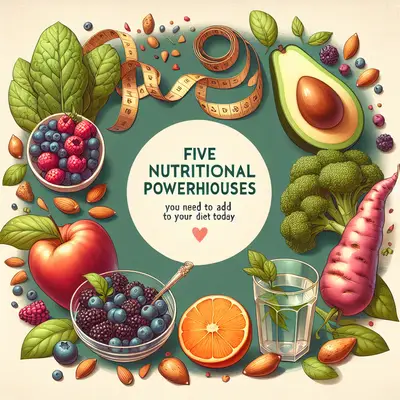Hydrating Supplements
Heat and sweat during summer can lead to dehydration. Ensuring adequate water intake is crucial, but sometimes our body needs a little more. Electrolyte supplements can help replenish the minerals lost through sweat, maintaining the body's fluid balance, and preventing dehydration. Look for supplements containing potassium, sodium, and magnesium, which are essential for hydration and muscle function[^1^].
Sun Protection Nutrients
Did you know you can protect your skin from the inside out? Certain nutrients, like vitamins C and E, can help guard your skin against harmful UV radiation. Lycopene, found in tomatoes, and astaxanthin, found in seafood, are antioxidants that have shown potential for enhancing the skin's defense against sun damage[^2^].
Energy-Boosting Superfoods
To enjoy the long summer days, you need sustained energy. Incorporating superfoods like spirulina and maca into your diet can provide a natural energy boost. These nutrient-dense foods are packed with vitamins, minerals, and antioxidants that support overall health and vitality[^3^].
Immune-Enhancing Probiotics
Summer means more outdoor activities and potentially more exposure to germs. Probiotics are beneficial bacteria that support a healthy gut, which is crucial for a robust immune system[^4^]. Choose a probiotic supplement with multiple strains of bacteria for a broad spectrum of benefits.
Cooling Herbs and Spices
Certain herbs and spices, like mint and turmeric, have cooling properties that can help the body cope with summer heat. They also offer a myriad of health benefits, from reducing inflammation to supporting digestion[^5^].
Conclusion
With these five essential summer nutrition boosters, you can enjoy the season to the fullest while taking care of your health. Remember, a balanced diet, regular physical activity, and good sleep are the pillars of wellness. Supplements can provide additional support, but they should not replace a healthy lifestyle. Stay hydrated, eat well, and savor the summer!
[^1^]: [Sawka, M. N., Cheuvront, S. N., & Carter, R. (2005). Human water needs. Nutrition reviews, 63(suppl_1), S30-S39.](https://doi.org/10.1301/nr.2005.jun.S30-S39)
[^2^]: [Stahl, W., & Sies, H. (2012). β-Carotene and other carotenoids in protection from sunlight. The American journal of clinical nutrition, 96(5), 1179S-1184S.](https://doi.org/10.3945/ajcn.112.034819)
[^3^]: [Kulczyński, B., & Gramza-Michałowska, A. (2016). Spirulina maxima and its effect on antioxidant activity in fructose-induced oxidative stress with corresponding histopathological changes. International journal of food sciences and nutrition, 67(7), 793-800.](https://doi.org/10.1080/09637486.2016.1207061)
[^4^]: [Hill, C., Guarner, F., Reid, G., Gibson, G. R., Merenstein, D. J., Pot, B., ... & Calder, P. C. (2014). Expert consensus document: The International Scientific Association for Probiotics and Prebiotics consensus statement on the scope and appropriate use of the term probiotic. Nature reviews Gastroenterology & hepatology, 11(8), 506-514.](https://doi.org/10.1038/nrgastro.2014.66)
[^5^]: [Aggarwal, B. B., & Harikumar, K. B. (2009). Potential therapeutic effects of curcumin, the anti-inflammatory agent, against neurodegenerative, cardiovascular, pulmonary, metabolic, autoimmune and neoplastic diseases. The international journal of biochemistry & cell biology, 41(1), 40-59.](https://doi.org/10.1016/j.biocel.2008.06.010)



